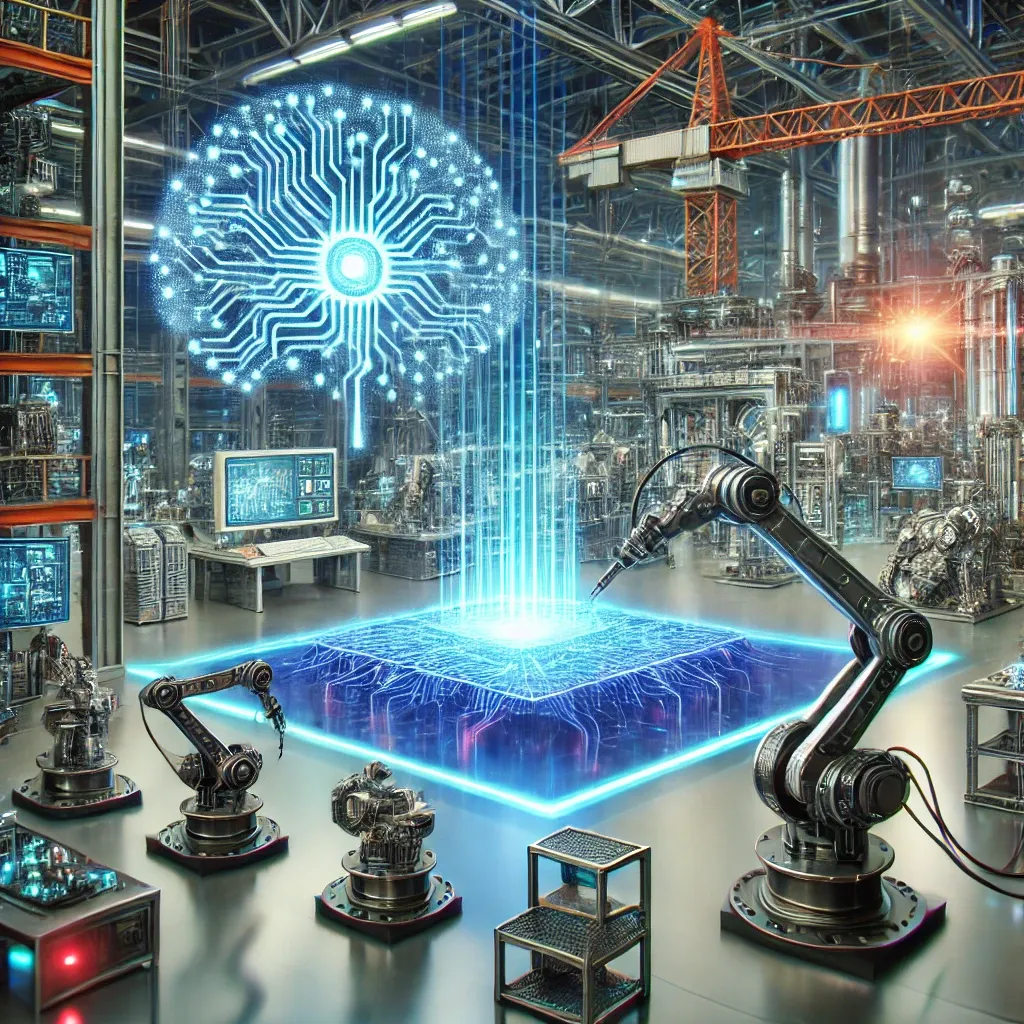
Vancouver, BC - Jan 15, 2025 - The Hannover Messe, one of the world's largest trade fairs, offers a unique opportunity to explore the latest advancements in machine learning, robotics, and the integration of technology into human society. With only 74 days until the event, anticipation is building for what promises to be a groundbreaking display of global technological achievements. This year, Canada takes center stage as the official partner country, with 200 Canadian companies set to showcase their innovations in the Canadian Pavilion.
The Hannover Trade Fair introduces challenges and opportunities in modern automation that may be seen in automotive assembly lines. When a misaligned car door halts production, it exposes a critical weakness in today’s industrial robots. While these machines excel in controlled environments, they often fail when faced with unexpected disruptions. Generative AI is poised to transform this landscape, enabling robots to become more intelligent, adaptable, and autonomous—closer to human-like problem solvers.
According to The Robot Report, the average reliability of a robot cell is 88%, meaning robots are operational only 88% of the time. Surprisingly, 80% of robot stoppages are caused by non-robot-related issues, such as faulty sensors or conveyor problems. Fortunately, 75% of these problems are resolved within 12 minutes, showcasing the potential for further efficiency gains through smarter automation systems.
For decades, industrial robots relied on Perception AI, which allowed them to identify objects, navigate factory floors, and predict maintenance needs. While effective, these systems were limited to predefined tasks and struggled with context or adaptability. Generative AI, by contrast, represents a leap forward. It enables robots to move beyond pattern recognition, empowering them to understand context, reason, and even create solutions. Applications include synthetic data generation for training, optimized manufacturing designs, and virtual testing environments, all of which improve efficiency and adaptability.
The Hannover Messe underscores the rise of "Agentic AI," a new frontier where robots can plan, make decisions, and respond to real-world changes. The ultimate goal, "Physical AI," will integrate perception, reasoning, and action, enabling autonomous robots to collaborate with humans, anticipate needs, and adapt to changing environments. Examples of its transformative potential include:
- Healthcare: Analyzing patient data, automating administrative tasks, and providing 24/7 support.
- Logistics: Optimizing inventory and delivery routes in real time.
- Finance: Detecting fraud, analyzing market trends, and making trading decisions.
- Manufacturing: Enabling predictive maintenance, equipment monitoring, and smart factory management.
- Transportation: Powering self-driving vehicles and autonomous delivery robots.
Despite its promise, Physical AI presents challenges, including safety concerns, ethical implications, and the potential for job displacement. Autonomous systems must be designed to minimize bias, ensure reliability, and address societal impacts proactively. The collaborative efforts of industries, researchers, and policymakers will be essential to ensure these technologies benefit both industry and humanity.
As the countdown to the Hannover Messe continues, Canada’s prominent role in 2025 as official Partner Country promises to highlight its contributions to this rapidly evolving field. Hopefully this will set the stage for a future where technology and society both in Europe, Canada and other parts of the world, thrive together.
Connect with Elke at Westcoast German Media
or on LinkedIn: Elke Porter.
#Hannover Messe #Generative AI #Industrial Robotics #Hannover Trade Fair #Robot Report #Perception AI #Agentic AI #Physical AI #Elke Porter
